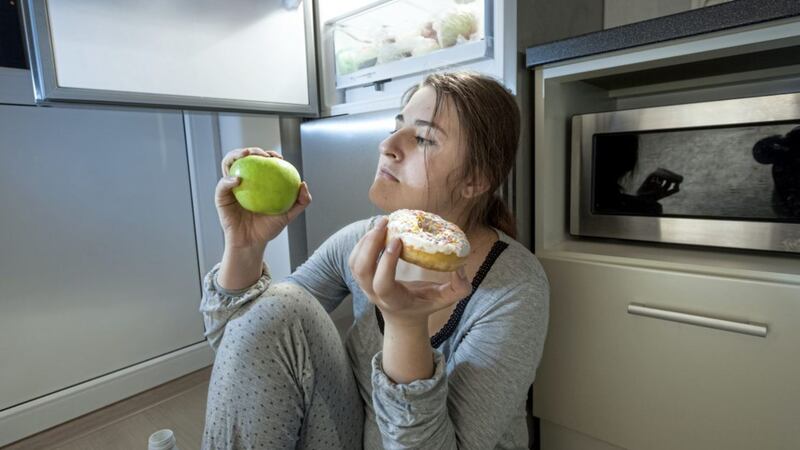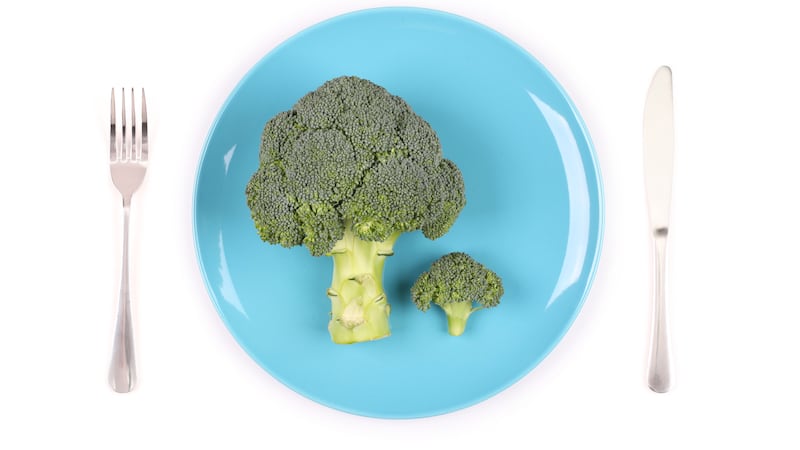THE evidence of the midnight raid was strewn across the kitchen table - slices of bread, smears of jam and half-opened butter left in a hurried mess.
The offender was my mother-in-law, whose defence was that she was sleepwalking, had no recollection of the event, and vehemently denied wilfully breaking her perpetual diet.
The night-time snacking forays had gotten so out of control that my husband decided on the plan of putting the kitchen door key in a bucket of ice-cold water to wake her from the sleep-eating trance. This worked successfully; however, the battle with her weight was never won.
These night-time nibbles are called Nocturnal Eating Disorder, NED, a relatively rare disorder that affects 1.5 per cent of the population. People with NED can get up multiple times in the night to binge eat uncontrollably and then go back to sleep. Some sufferers have full consciousness while others experience total amnesia of the event.
Apart from the obvious weight gain that is associated with all this extra food it has a devastating effect on the teeth. One Danish study found that NED sufferers had four more missing teeth than the average person even when taking into account other factors such as age, smoking and other sugars in their diet.
The food stagnates on the teeth during the night giving the tooth eating bacteria the longest picnic ever and since our saliva naturally shuts down overnight this is a perfect storm for rot to set in on the teeth leading to ever bigger fillings and eventually tooth loss.
You are considered to have NED if you display three of the following characteristics: loss of morning hunger, strong urges to eat between your dinner and sleeping, regular insomnia, experience depression that worsens at night-time or have a belief that you need to eat in order to get back to sleep.
If you feel that you have NED, you can seek support from an eating disorder unit.
During the day, up your home cleaning routine to reduce the amount of plaque that sits around the teeth to minimise the damage.
You can also keep an atomiser bottle with fluoride mouthwash beside your bed, to use during the night to help strengthen your teeth.








